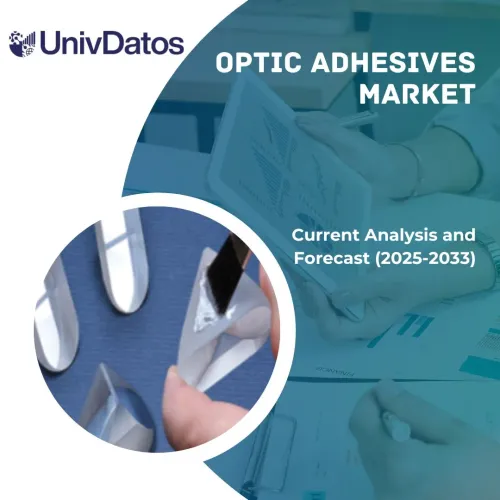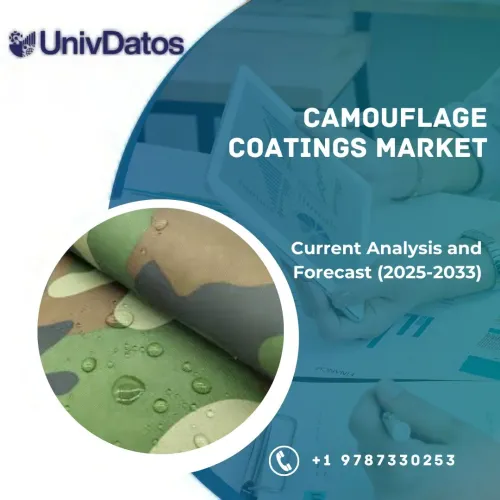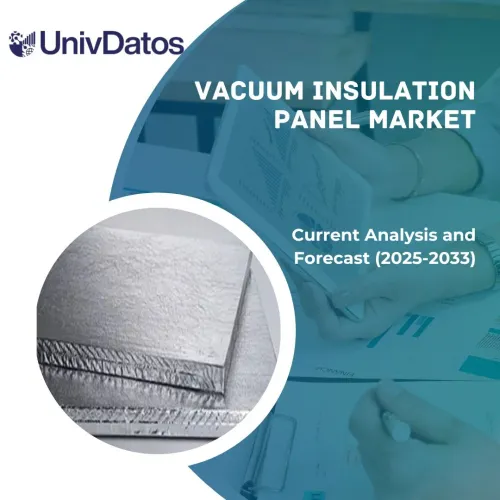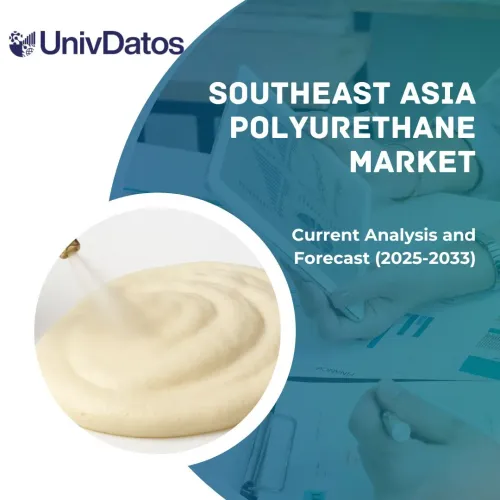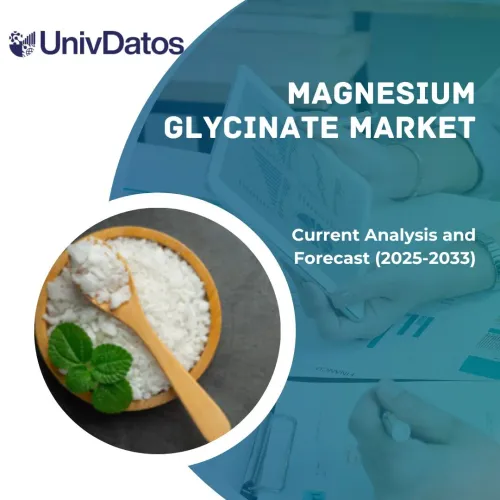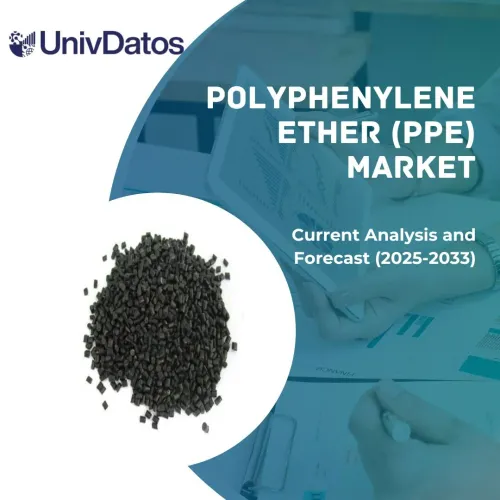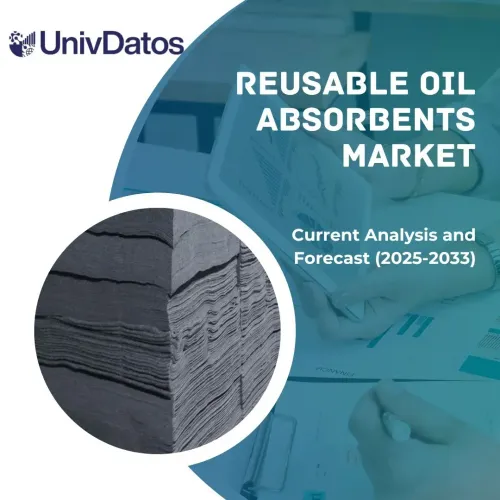- Home
- About Us
- Industry
- Services
- Reading
- Contact Us
UAE Architectural Glass Market: Current Analysis and Forecast (2025-2033)
Emphasis on Product Type (Tempered, Laminated, Insulated, and Others); and Application (Residential, Commercial, and Industrial)
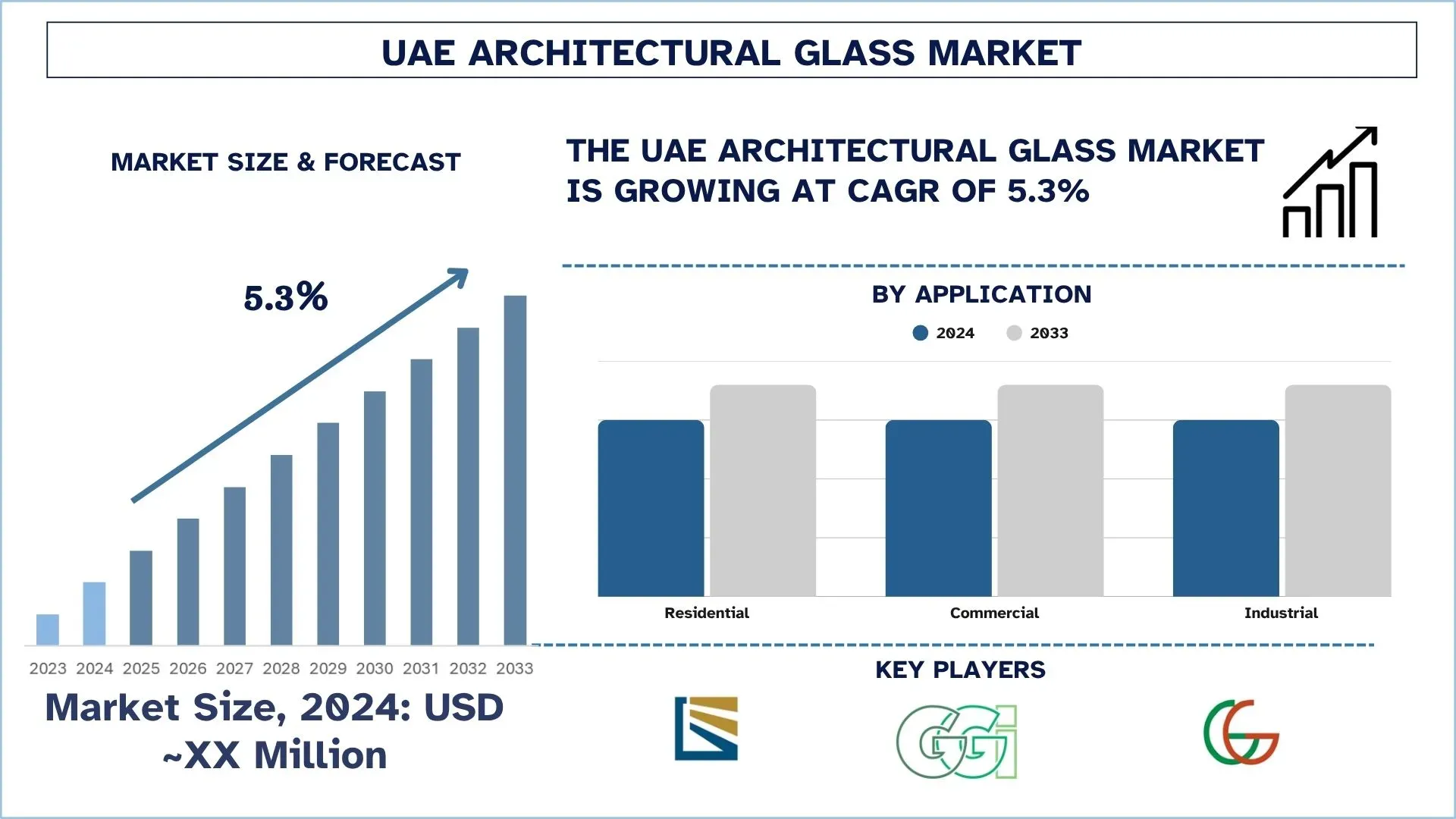
UAE Architectural Glass Market Size & Forecast
The UAE Architectural Glass market was valued at USD Million in 2024 and is expected to grow to a strong CAGR of around 5.3% during the forecast period (2025-2033F), owing to the Booming construction activity in Dubai and Abu Dhabi, coupled with rising demand for energy-efficient and sustainable building materials.
UAE Architectural Glass Market Analysis
The UAE architectural glass market is associated with the manufacturing, processing, and application of flat glass products for building facades, windows, partitions, and other architectural construction elements. Other key drivers are speedy urbanization, aggressive infrastructure projects, and a high priority on sustainability and energy efficiency of buildings. Governmental drives such as the UAE Green Agenda 2030 and Net Zero 2050 are still driving the demand for cutting-edge glazing solutions. UAE, with its high-rise buildings, commercial complexes, and residential developments, is in an evolution phase, and with it, the market for architectural glass promises a significant increase.
As for the future, the insulated glass segment is expected to be the one that will show the fastest growth rate in the UAE architectural glass market. This growth is a result of the rising demand for energy-saving buildings, where insulated glass units (IGUs) require less thermal and acoustic insulation. As the UAE is focused on sustainability & energy saving, IGUs are being used more in new constructions & retrofitting ventures. Furthermore, the adoption of smart glass technologies, providing control of light and heat dynamically, is picking up momentum, particularly in high-end residences and commercial installations, which is consistent with the region’s emphasis on innovation and care of the environment.
UAE Architectural Glass Market Trends
This section discusses the key market trends that are influencing the various segments of the UAE Architectural Glass market, as found by our team of research experts.
Surge in Sustainable and Energy-Efficient Glass Solutions
Influenced by the national drive for sustainability, supported by its pivotal entities such as the UAE Green Agenda 2030 and Net Zero by 2050, the glass market in the United Arab Emirates is more and more following this trend. These measures are also driving the demand for eco-friendly building materials, particularly energy-efficient glazing systems, such as insulated glass units (IGUs) and low-E coatings. Thermal insulation, UV protection, and solar control functions in glass products are now being given preference by developers to meet energy efficiency ratings and compliance with regulations. The UAE’s market for recycled glass has tremendous room for growth, with more than US$ $30 billion of existing and planned green infrastructure projects. Double and triple-glazed glass has also been retrofitted in old buildings, and this is a trend being embraced especially in the commercial and hospitality sectors because owners of property want to reduce operational costs and carbon footprint.
Adoption of Smart Glass Technologies
There has been an increasing rate of adoption of smart glass technology in the UAE, particularly in premium commercial spaces, luxurious homes, and government projects that encourage innovation. The smart type of glass (especially electrochromic and thermochromic) permits automatic regulation of light and heat transfer about local conditions (or user input) instead of using artificial light and cooling systems, to drastically lessen the use of such. The technology is a perfect fit for the area’s climatic conditions and sustainability aspirations. Driven by its implementation in smart cities such as Dubai Smart City and Masdar City, the smart architectural glass adoption in the Middle East is expected to grow in double digits every year. Besides, there are international glass behemoths such as Guardian Glass and Saint-Gobain, currently investing in smart glass R&D and grassroots production capacities, with an interest in capturing this growing demand.
Expansion of Glass Curtain Wall Systems
The increased appearance of futuristic skylines and mega-urban developments in the UAE is stimulating the demand for glass curtain wall systems, both in terms of their aesthetic value and energy performance. Curtain walls are now being applied to high-rise towers, shopping malls, and government buildings, because they can carry large spans of glass with minimal and sometimes no compromise on the structure. The market for the glass curtain wall in the UAE is also on a constant increase as demand for double skin façades and dynamic glass façades that change the color of glass according to climate conditions increases. Examples of such projects include Dubai Creek Tower, One Za’abeel, and Abu Dhabi’s Midfield Terminal, where the use of curtain wall systems is used on a very large scale as a trademark design. The segment’s appeal is further fueled by innovations in anchoring systems, unitized modules, and enhancements in the level of safety.
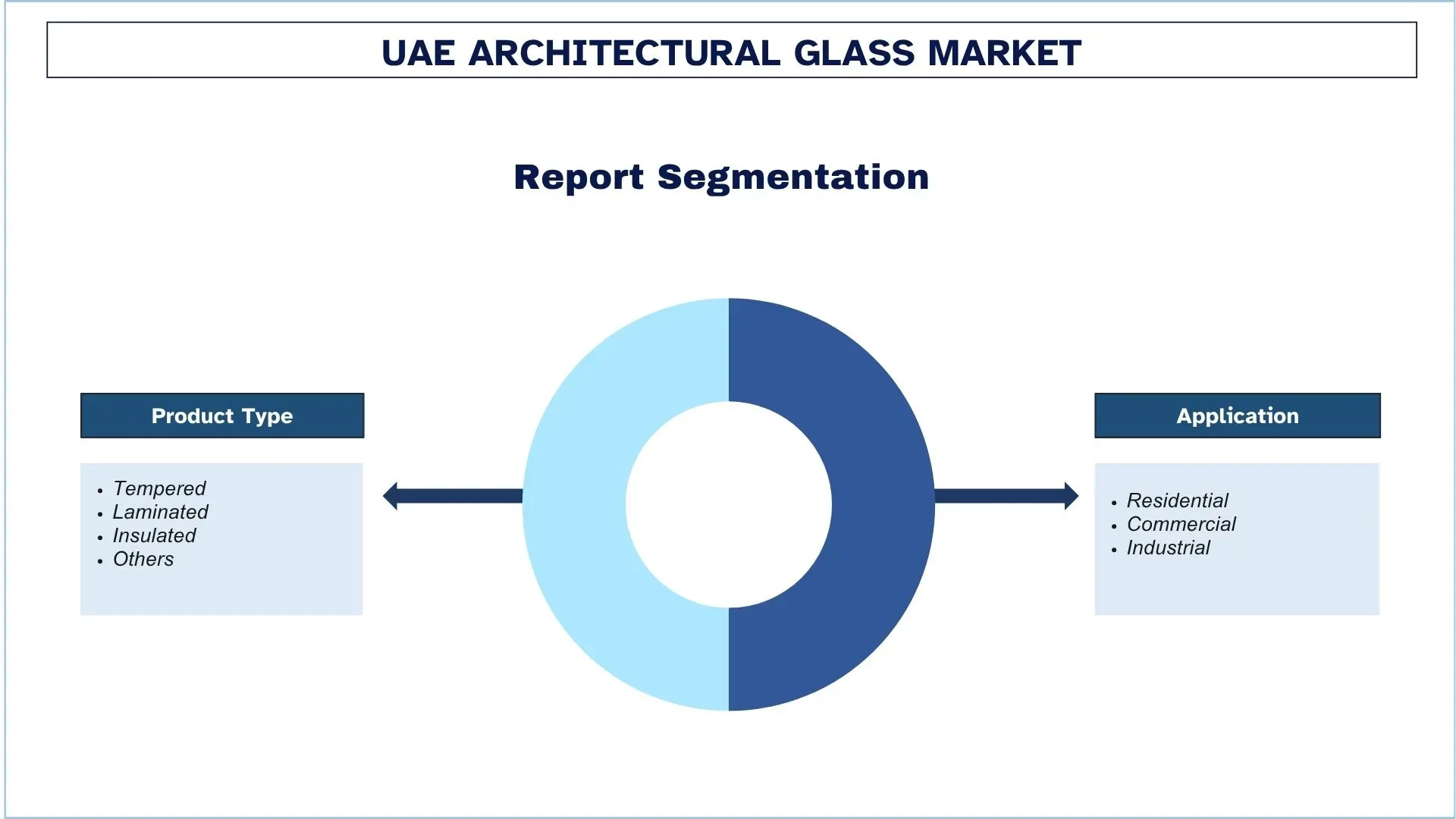
UAE Architectural Glass Industry Segmentation
This section provides an analysis of the key trends in each segment of the UAE Architectural Glass market report, along with forecasts for 2025-2033.
Tempered Category Dominates the UAE Architectural Glass Market.
Based on Product Type, the market is segmented into Tempered, Laminated, Insulated, and Others. Among these, the Tempered segment is leading the market. The major reason why this segment is the most driving one in the UAE architectural glass market is the fact that it plays a crucial part in the achievement of safety, strength, and performance standards for contemporary urban architecture. With cities such as Dubai and Abu Dhabi still constructing high-rise towers, commercial buildings, and enormous shopping areas, tempered glass is preferred due to its strengthened impact and thermal capabilities in comparison with standard glass. It is popularly used in applications including façades, partitioning, balustrades, and door systems where safety and strength are very critical. Besides, strict building codes and the increasing importance of occupants’ safety and energy efficiency create additional demand for tempered glass in new constructions and remodeling projects.
The commercial Market Category Dominates the UAE Architectural Glass Market.
Based on the Application, the market is segmented into Residential, Commercial, and Industrial. Among these, Commercial is the largest contributor to the UAE Architectural Glass industry. The key stimulus of the commercial segment of the UAE architectural glass market is the fast growth of the urban infrastructure and the need for modern energy-efficient buildings. As the commercial hubs, office spaces, shopping malls, and hotels continue to be developed, there is an urgent demand for high-tech glazing solutions that are not only appealing to look at but also functional in aspects such as conservation of energy, safety, and sustainability. The emphasis of the UAE to construct iconic skyscrapers and mixed-use developments in cities such as Dubai and Abu Dhabi advances the need for high-performance glass products such as insulated, tempered, and reflective glass, which is therefore a significant sector in the market.
UAE Architectural Glass Industry Competitive Landscape
The UAE Architectural Glass market is competitive, with several global and international market players. The key players are adopting different growth strategies to enhance their market presence, such as partnerships, agreements, collaborations, new product launches, geographical expansions, and mergers and acquisitions.
Major UAE Architectural Glass Companies
Some of the major players in the market are Emirates Glass LLC, Gulf Glass Industries (GGI), Green Glass Industries LLC, Intraco UAE Limited, Technical Glass and Aluminum Company (TGAC), Glasstech, Mirodec, Waagner Biro Emirates Contracting LLC, Guardian Glass, and Saint-Gobain.
Recent Developments in the UAE Architectural Glass Market
On May 24, 2023, Sejal Glass Limited, one of the leading players in the architectural glass business in India, announced the acquisition of a major stake in Sejal Glass & Glass Manufacturing Products LLC, a UAE-based entity. The acquisition, amounting to 99.01% equity, makes the UAE entity a subsidiary of the Indian company. This acquisition strengthens Sejal Glass's position in the market, as the plant, which covers an area of approximately 20 acres with state-of-the-art European technology, becomes one of the largest facilities for manufacturing architectural glass in the UAE. With over 500 prestigious projects executed in the UAE, GCC, and African markets, this acquisition highlights the growing consolidation and investment in the sector.
UAE Architectural Glass Market Report Coverage
Details | |
Base year | 2024 |
Forecast period | 2025-2033 |
Growth momentum | Accelerate at a CAGR of 5.3% |
Market size 2024 | USD XX Million |
Companies profiled | Emirates Glass LLC, Gulf Glass Industries (GGI), Green Glass Industries LLC, Intraco UAE Limited, Technical Glass and Aluminum Company (TGAC), Glasstech, Mirodec, Waagner Biro Emirates Contracting LLC, Guardian Glass, and Saint-Gobain |
Report Scope | Market Trends, Drivers, and Restraints; Revenue Estimation and Forecast; Segmentation Analysis; Demand and Supply Side Analysis; Competitive Landscape; Company Profiling |
Segments Covered | By Product Type; By Application |
Reasons to Buy UAE Architectural Glass Market Report:
The study includes market sizing and forecasting analysis confirmed by authenticated key industry experts.
The report briefly reviews overall industry performance at a glance.
The report covers an in-depth analysis of prominent industry peers, primarily focusing on key business financials, type portfolios, expansion strategies, and recent developments.
Detailed examination of drivers, restraints, key trends, and opportunities prevailing in the industry.
The study comprehensively covers the market across different segments.
Customization Options:
The UAE Architectural Glass market can further be customized as per the requirements or any other market segment. Besides this, UnivDatos understands that you may have your own business needs, hence feel free to contact us to get a report that completely suits your requirements.
Table of Content
Research Methodology for the UAE Architectural Glass Market Analysis (2023-2033)
We analyzed the historical market, estimated the current market, and forecasted the future market of the UAE Architectural Glass market to assess its application. We conducted exhaustive secondary research to gather historical market data and estimate the current market size. To validate these insights, we carefully reviewed numerous findings and assumptions. Additionally, we conducted in-depth primary interviews with industry experts across the UAE Architectural Glass value chain. After validating market figures through these interviews, we used both top-down and bottom-up approaches to forecast the overall market size. We then employed market breakdown and data triangulation methods to estimate and analyze the market size of industry segments and sub-segments.
Market Engineering
We employed the data triangulation technique to finalize the overall market estimation and derive precise statistical numbers for each segment and sub-segment of the UAE Architectural Glass market. We split the data into several segments and sub-segments by analyzing various parameters and trends, including Product Type, and Application within the UAE Architectural Glass market.
The Main Objective of the UAE Architectural Glass Market Study
The study identifies current and future trends in the UAE Architectural Glass market, providing strategic insights for investors. It highlights market attractiveness, enabling industry participants to tap into untapped markets and gain a first-mover advantage. Other quantitative goals of the studies include:
Market Size Analysis: Assess the current and forecast market size of the UAE Architectural Glass market and its segments in terms of value (USD).
UAE Architectural Glass Market Segmentation: Segments in the study include areas of Product Type, and Application
Regulatory Framework & Value Chain Analysis: Examine the regulatory framework, value chain, customer behavior, and competitive landscape of the UAE Architectural Glass industry.
Company Profiles & Growth Strategies: Company profiles of the UAE Architectural Glass market and the growth strategies adopted by the market players to sustain in the fast-growing market.
Frequently Asked Questions FAQs
Q1: What is the UAE Architectural Glass market’s current market size and growth potential?
The UAE Architectural Glass market was valued at USD XX million in 2024 and is expected to grow at a CAGR of 5.3% from 2025 to 2033, supported by rapid urban development and sustainability goals.
Q2: Which segment has the largest share of the UAE Architectural Glass market by Product Type?
The Tempered glass segment holds the largest market share in 2024 due to its superior strength, safety features, and wide application in modern construction projects.
Q3: What are the driving factors for the growth of the UAE Architectural Glass market?
Key growth factors include:
• Rapid urbanization and population growth
• Mega projects like Expo City Dubai, NEOM (spillover impact), and smart cities
• Demand for sustainable and energy-efficient buildings
• Government incentives for green architecture and sustainable construction
Q4: What are the emerging technologies and trends in the UAE Architectural Glass market?
Emerging trends and technologies include:
• Smart glass with dynamic light and heat control
• Low-E and insulated glazing units (IGUs) for enhanced thermal performance
• Glass recycling technologies for sustainable supply chains
• Digital glass printing and laser-cutting for aesthetic architectural use
Q5: What are the key challenges in the UAE Architectural Glass market?
The market faces several challenges:
• High upfront investment costs for advanced and smart glazing technologies
• Durability issues under harsh desert climates (extreme heat and sand exposure)
• Navigating strict building codes and green construction regulations
• Limited local raw material availability, leading to import dependency
Q6: Who are the key players in the UAE Architectural Glass market?
Leading companies in the UAE Architectural Glass market include:
• Emirates Glass LLC
• Gulf Glass Industries (GGI)
• Green Glass Industries LLC
• Intraco UAE Limited
• Technical Glass and Aluminum Company (TGAC)
• Glasstech
• Mirodec
• Waagner Biro Emirates Contracting LLC
• Guardian Glass
• Saint-Gobain
Q7: What are the investment opportunities in the UAE Architectural Glass market?
Promising areas for investment include:
• Smart and electrochromic glass technologies for luxury/commercial buildings
• Energy-efficient glazing for government and LEED-certified projects
• Establishing local production units aligned with the UAE’s sustainability targets
• Digital transformation in design, customization, and supply chains
Q8: How are regulations affecting the UAE Architectural Glass market?
Regulations are significantly influencing the market, including:
• Dubai Green Building Regulations limiting glass façade coverage to 60% to reduce solar heat gain
• Compliance with Estidama Pearl Rating System in Abu Dhabi and Dubai Municipality’s building codes
• Emphasis on thermal insulation, solar control, and carbon footprint reduction through materials used in construction
Related Reports
Customers who bought this item also bought

